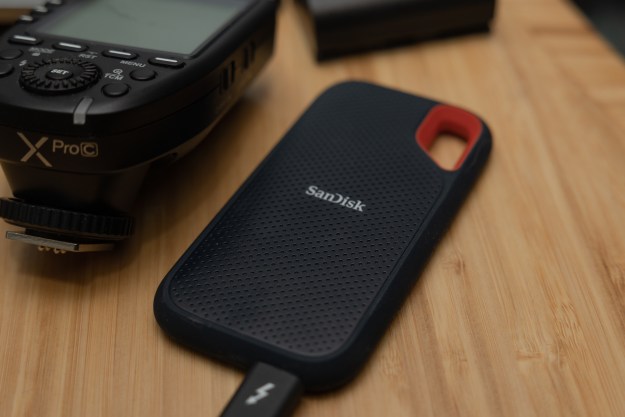Although the name of Internet search site Google has become a verb in many Internet users’ everyday lexicon—i.e. when people "google" their favorite celebrities or "googlesurf" for their own names—Internet portal Yahoo! has somewhat quietly surpassed Google’s famed searching capability by at least one measure: Yahoo! now claims to search more than 20 billion documents, images, and media items compared to the 11.4 billion currently attributed to Google’s search corpus.
Yahoo’s search currently claims to encompass some 19.2 billion Web pages, 1.6 billion images, and over 50 million audio and video files. In contrast, Google currently boasts indexing 8.2 billion Web pages, 2.2 billion images, and over 1 billion Usenet news messages. Both companies expect to steadily increase the number of items searched as the firms refine their technologies, crawlers, and indexing techniques.
Of course, as both Yahoo and Google are quick to point out, size isn’t the only thing that matters: rather, for most searches the quality, ordering, and overall relevance of search results are significantly more important than the total number of items searched.
Many long-time Internet users are loyal to Google, noting the company pioneered page-ranking and other technologies to help ensure the first results users see are likely to be the results users want to see: the "I’m Feeling Lucky" button which has long adorned Google’s home page stands as testament to the company’s (and users’) faith in those results.
However, Yahoo is increasingly seen as offering real competition to Google’s search feature, with some long-time technologists now touting the effectiveness and relevance of Yahoo’s search over Google’s.
Internet users can expect competition between the two companies’ search features to escalate, especially since paid links in search results are expected to represent an ever-larger portion of online advertising spending.
Editors' Recommendations
- How to change your Yahoo password on desktop and mobile
- OpenAI boss takes Sora tech to Hollywood, report claims
- Reddit seals $60M deal with Google to boost AI tools, report claims
- How to generate AI art right in Google Search
- Here’s why people are claiming GPT-4 just got way better


